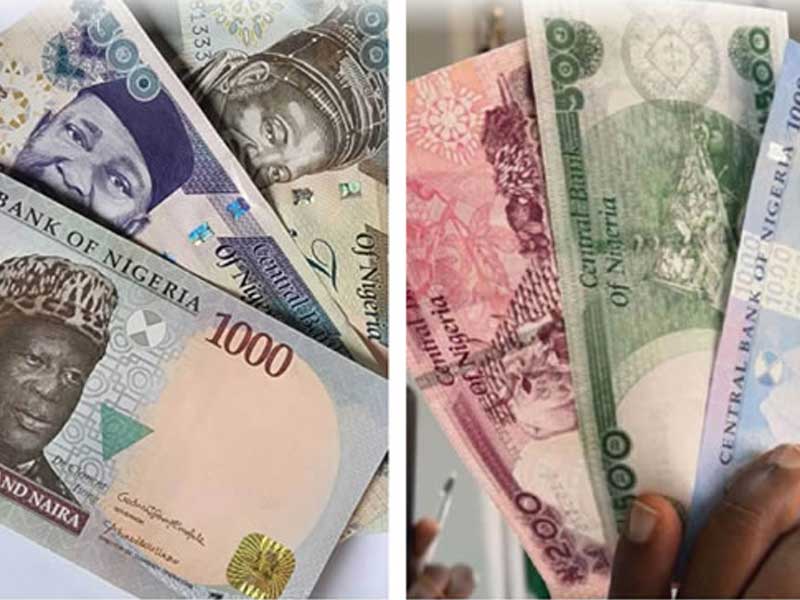The Economic and Financial Crimes Commission (EFCC) has long been heralded as Nigeria’s frontline agency in the fight against financial crimes and corruption. However, recent events have cast a shadow over its reputation, bringing to light what many are calling a two-faced approach to justice, particularly concerning the abuse of the Naira.
In Nigeria, the Naira is not just a currency but a symbol of national pride and economic stability. Its abuse, whether through counterfeiting, hoarding, or any other form of illegal activity, is a serious offense. The EFCC has been at the forefront of tackling such crimes, but inconsistencies in their approach have raised eyebrows.
Cases of Naira abuse often result in swift action and harsh penalties for some, while others seem to escape with minimal repercussions. This disparity has led to accusations of double standards within the EFCC.
For instance, high-profile individuals and well-connected elites allegedly involved in large-scale financial crimes often receive what many perceive as lenient treatment. In contrast, ordinary citizens caught in similar or even less severe acts of Naira abuse face the full brunt of the law, including prolonged detentions and heavy fines.
The public outcry over these discrepancies is growing. Citizens are increasingly questioning why justice appears to be selectively applied. Social media platforms and public forums are rife with debates on the integrity of the EFCC’s operations, with many calling for an overhaul of the system to ensure fairness and equality before the law.
One glaring example is the case of a local businessman in Lagos who was detained for weeks without trial over alleged Naira hoarding. Meanwhile, a well-known political figure implicated in a multi-billion Naira laundering scheme managed to secure bail almost immediately and continues to live freely pending a seemingly interminable trial.
The Need for Transparency
For the EFCC to restore its credibility, transparency and consistency in handling cases of Naira abuse are paramount. The agency must demonstrate that it is not swayed by power or influence and that every Nigerian, regardless of their status, is subject to the same legal standards.
The issue of Naira abuse and the perceived two-faced justice of the EFCC is a microcosm of the broader challenges facing Nigeria’s fight against corruption. As the nation grapples with these issues, the call for a more equitable and transparent justice system grows louder. Only by addressing these concerns can the EFCC regain public trust and effectively carry out its mandate to protect the nation’s financial integrity.

